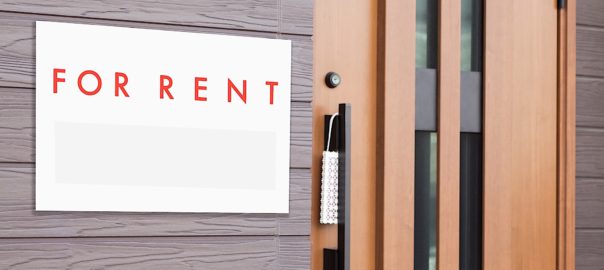5 Things To Consider Before Purchasing A Rental Property
By JD Esajian on August 31, 2018
All rental properties are not created equally. As great as the potential upside is with a quality rental, the downside with a poor rental is just as severe. With the wrong property you will struggle finding tenants and looking for ways to maximize cash flow. Instead of reaping the benefits you will spend all your time worrying about the property and looking for a way out. Fortunately, there are a few key items that are consistent with successful rental properties. If you can find a property that checks all the boxes you can be confident you will have sustained success with your rental. Walking away from a property can be difficult at times but it is essential if you want to avoid constant headaches. Here are five items you need to look for when considering a rental property purchase.
- Cash flow upside. There are many properties that appear to be perfect but on closer inspection have hidden flaws. The taxes may be too high, the bedroom count too low or the property may be on a busy street. The bottom line with any rental is that you want it to have cash flow upside. You never want a property where you need everything to break right just to scratch out a small profit. You want rentals where at some point down the road you could justify a rent increase or lower your liabilities to improve your bottom line. For a variety of reasons the property must be in a location where rental demand will continue to remain strong for the foreseeable future. You need to look at a slew of demographics to estimate demand three, five and even ten years down the road. Never get involved in a property where the margins are slim or there is little room for the unexpected.
- Tax stability. One of the key components in determining monthly payment are the property taxes. In most cases annual property taxes won’t move too much from year to year. However, if there is a shift in the mill rate you can easily be looking at a few hundred dollars, if not more annually. The mill rate can change based on items such as foreclosures, population and tax revenue. It is important to avoid rentals in locations without stability. Properties with a backlog of foreclosures in the pipeline will have an adverse effect on all future transactions. One sale will serve as a comparable sale for the market, regardless of the situation. When short sales and foreclosures pile up homeowners will look to avoid the market and sell just to get out. Before too long the market will have a black eye, taxes will rise, and you are stuck with a declining asset. Certain red flags, such as a large employer moving out of town, cannot be ignored and must give you pause regardless of the property.
- Employment growth. As damaging as lost jobs are to a local market the opposite is true when the job market changes in your favor. Just a handful of the right companies entering the market can instantly transform the economy for the better. Renters, like buyers, often go to where jobs are to live. A stable employment situation means they are more likely to stay in the market for as long as possible. On the surface, this may seem like it would favor buyers, but many renters simply cannot afford to buy, or don’t want the commitment of ownership. With thriving employment there will be more demand to the market, which will push rental prices higher and increase the chances a tenant will want to stay in the property for as long as possible. Employment growth shouldn’t be the sole reason you would invest in a market but is certainly a major consideration.
- Appreciation potential. There are many investors who make the mistake in thinking their property value will rise simply based on time. As we have seen in the past, appreciation doesn’t happen by itself. You may get some appreciation based on the market but that shouldn’t be more than a few percentage points annually. Where you will get a bulk of your value is in the work you do and the updates you make. Updates alone will not add value, but it should help in the right market. It is also important to buy in markets that have upside potential. This could be from employment growth, home prices edging upward, a new school or some other significant positive factor anticipated in the market. Never buy at the peak of the market or if there are too many potential negative red flags.
- Landlord rules/regulations. Before making an offer on a property you need to make sure your vision matches reality. There are some markets where you are not allowed to rent to students without a student housing permit. This is obviously a factor if the property is located near a college or university where student rentals are in demand. It is essential that you speak with planning and zoning if you plan on making any changes or if there is something you want to do with the property. You never want to find out after you take ownership that you cannot do envision with the property.
There is more to a successful rental than the physical property. Consider these five items before getting to far with your next rental property purchase.